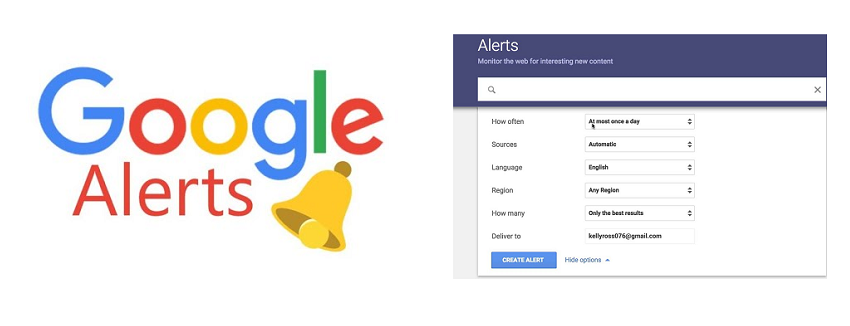Hotel Marketing

Google Alerts: A Great Free Tool for Hotels to Monitor the Market
Google Alerts can be a free and effective way for hotels to track their brand mentions and perform social listening. Here’s how hotels can leverage Google Alerts for these purposes:
1. Setting Up Google Alerts
- Create Alerts: Go to Google Alerts and enter the terms you want to track, such as your hotel’s name, key services, or specific locations.
- Customize Alerts: Adjust the alert settings to match your needs. You can set the frequency (as-it-happens, daily, or weekly), the sources (news, blogs, web, video, etc.), and the region.
- Use Variations: Include variations and common misspellings of your hotel’s name to ensure comprehensive coverage. For example, if your hotel is “Sunset Resort,” also include “SunsetResort,” “Sunset Hotel,” etc.
2. Monitoring Brand Mentions
- Track Mentions: Google Alerts will send notifications whenever your hotel is mentioned online. This allows you to monitor what is being said about your hotel across various websites, blogs, and news sources.
- Stay Updated: Receiving timely alerts helps you stay updated on recent mentions and respond promptly to any issues or feedback.
3. Engagement Opportunities
- Respond to Feedback: Use the information from alerts to engage with guests who mention your hotel. Thank them for positive feedback or address their concerns directly on the platforms where they posted.
- Proactive Service: Addressing issues highlighted in alerts can prevent them from escalating, showing guests that you are proactive and responsive.
4. Competitive Analysis
- Track Competitors: Set up alerts for competitor hotels to monitor their mentions and reviews. This can provide insights into their strengths and weaknesses, helping you improve your own services.
- Benchmark Performance: Compare the frequency and sentiment of your mentions against competitors to gauge your market position and reputation.
5. Industry Trends
- Monitor Keywords: Create alerts for industry-related keywords to stay informed about the latest market trends in travel and hospitality, as well as news and other interesting developments. This can help you adapt to changes and stay competitive.
- Identify Opportunities: Discover emerging trends or popular topics in the hospitality industry that you can leverage in your marketing and service strategies.
6. Content Creation
- Gather Ideas: Use alerts to find content ideas based on what is being talked about in your industry or what guests are saying about your hotel.
- Promote Positive Mentions: Share positive mentions and reviews on your social media channels and website to enhance your online reputation.
Advantages of Google Alerts
- Cost-Effective: Google Alerts is a free tool, making it accessible for hotels of all sizes.
- Ease of Use: It is easy to set up and manage, with customizable options to suit your specific needs.
- Timely Notifications: Alerts can be set to real-time, ensuring you receive information as soon as it’s available.
Limitations and Complementary Tools
- Limited Scope: Google Alerts primarily covers web mentions and may not capture all social media activity. Complement it with dedicated social listening tools like Hootsuite or Sprout Social for a more comprehensive approach.
- Manual Analysis: Sentiment analysis and deeper insights require manual review, unlike advanced social listening tools that offer automated sentiment analysis and detailed analytics.
By effectively setting up and using Google Alerts, hotels can stay informed about their online presence, engage with guests, and enhance their reputation management efforts without incurring additional costs
Staff Writer
0
